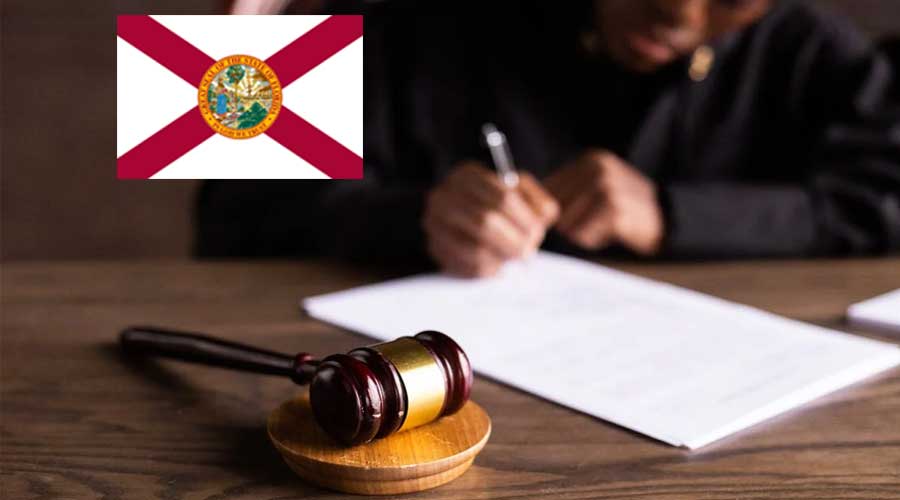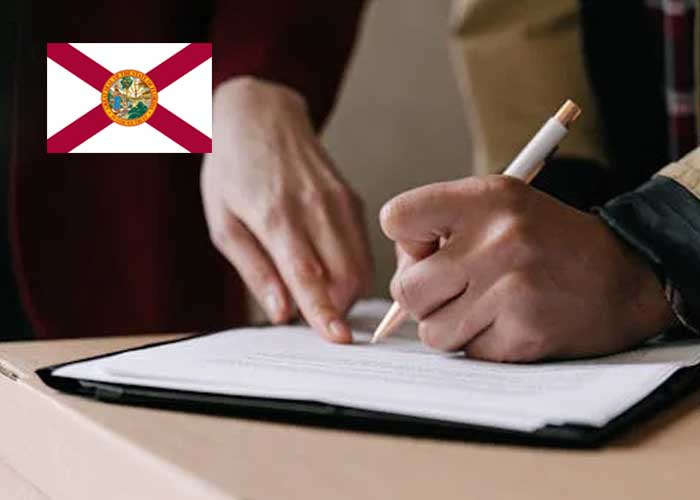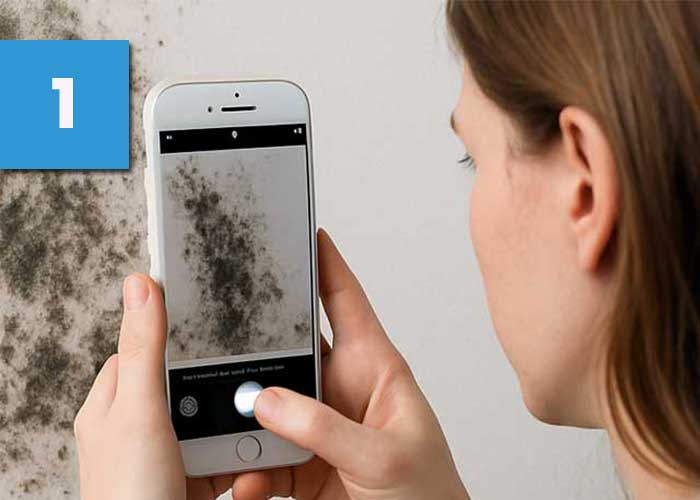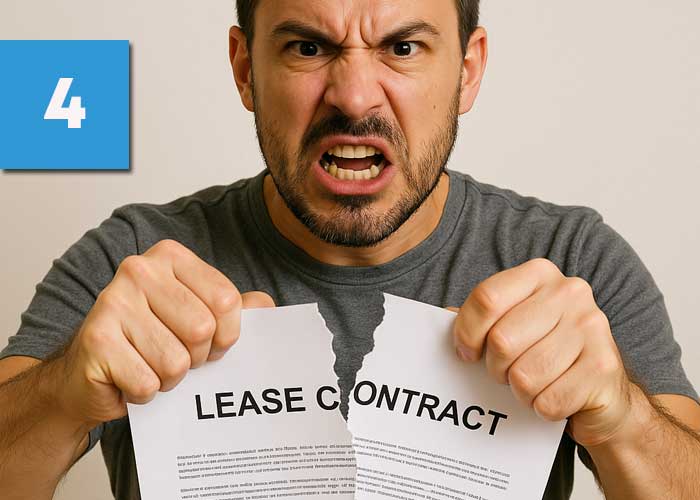
Florida Tenant Mold Laws: Your Rights and Protections Explained
As a Florida renter, mold growth in your rental unit isn’t just a nuisance—it can threaten your health and violate your rights. While Florida tenant mold laws don’t explicitly mention mold, state and local regulations empower tenants to demand safe, habitable housing. Here’s how to navigate your Florida tenant mold rights and hold landlords accountable.
Do Florida Laws Protect Tenants from Mold?
Florida’s legal framework indirectly addresses mold through:
- Florida Statute § 83.51 (Landlord Maintenance Obligations):
Requires landlords to maintain roofs, plumbing, windows, and structural components to prevent water intrusion (a leading cause of mold). - Local Health Codes (e.g., Miami-Dade, Orange County):
Many counties classify severe mold as a “public health nuisance,” requiring remediation. - Federal Fair Housing Act:
Prohibits housing conditions that endanger tenants’ health, including toxic mold exposure.
Key Takeaway: While there’s no standalone “mold law” in Florida, unresolved mold issues often violate broader landlord-tenant mold Florida obligations.
Florida Tenant Mold Rights: 4 Critical Protections

- Right to Habitable Housing
Landlords must fix leaks, ventilation issues, or structural defects causing mold. If they don’t, tenants can:
• Withhold rent (via escrow)
• Break the lease (constructive eviction)
• Sue for damages - Right to Timely Repairs
Submit a written mold repair request via certified mail. Florida law doesn’t set strict deadlines, but 7–14 days is considered “reasonable.” - Right to Health Protection
If mold triggers asthma, allergies, or respiratory issues, you may sue for medical costs if the landlord ignored prior warnings. - Right to Retaliation-Free Action
Landlords can’t evict, raise rent, or punish tenants for asserting Florida tenant mold rights.
Landlord Responsibilities for Mold in Florida
Under landlord-tenant mold Florida dynamics, property owners must:
- Fix leaks, broken pipes, or roof damage promptly.
- Install proper ventilation in moisture-prone areas (bathrooms, kitchens).
- Hire professionals for large-scale mold remediation.
- Disclose known mold hazards (if asked) before lease signing.
⚠️ Landlord Liability: If negligence (e.g., ignoring a leak) causes mold growth, tenants can sue for repair costs, medical bills, or relocation expenses.
Step-by-Step: How to Enforce Your Florida Tenant Mold Rights
1. Document the Mold

- Take photos/videos of all affected areas (walls, ceilings, HVAC systems).
- Buy a mold testing kit (affiliate link) to identify mold type (e.g., black mold).
- Track health symptoms and medical visits (critical for lawsuits).
2. Send a Formal Repair Demand Letter

Use this template (customize with your details):
“[Your Name] [Date] Dear [Landlord], Under Florida Statute § 83.51, the mold in [location] violates my right to habitable housing. Please remediate the mold and repair [cause, e.g., leaky roof] within 14 days. Failure to act may compel me to pursue legal remedies. Sincerely, [Your Name]”
Send via certified mail and keep a copy.
3. Escalate to Authorities

If ignored, contact:
- County Health Department: Request a mold inspection (e.g., Florida Health).
- Housing Authority: File a complaint for code violations.
4. Withhold Rent or Terminate Your Lease

- Withholding Rent: Place rent in an escrow account until repairs are made.
- Lease Termination: If mold makes the unit unsafe, send a 7-day notice to terminate under Florida’s “constructive eviction” rule.
Product Recommendations
- Mold Test Kits: Confirm mold type before legal action.
- The Best Air Purifiers 2025 for Mold : Reduce airborne spores while awaiting repairs.
- Renters Insurance: Covers mold damage to personal belongings.
FAQ: Florida Tenant Mold Laws
Q: Can I sue my landlord for mold exposure in Florida?
A: Yes, if they failed to fix leaks or ventilation issues after proper notice. Keep medical records and repair requests.
Q: Does Florida require landlords to test for mold?
A: No, but they must fix mold caused by maintenance failures. Tenants can pay for testing (save receipts for reimbursement).
Q: Can I break my lease over mold in Florida?
A: Yes, if the landlord refuses repairs and the unit is uninhabitable. Consult a lawyer first.
When to Hire a Florida Tenant Rights Attorney
Seek legal help if:
- Your landlord retaliates (e.g., wrongful eviction).
- Mold caused severe health issues.
- You need to break a lease or sue for damages.
Conclusion: Stand Up for Your Florida Tenant Mold Rights
Mold issues require swift action—both for your health and legal protection. By documenting the problem, formally notifying your landlord, and leveraging Florida tenant mold laws, you can secure repairs, compensation, or a safe exit from your lease.
Need Affordable Legal Help?
Find the Best Florida Tenant Attorneys on Google Maps